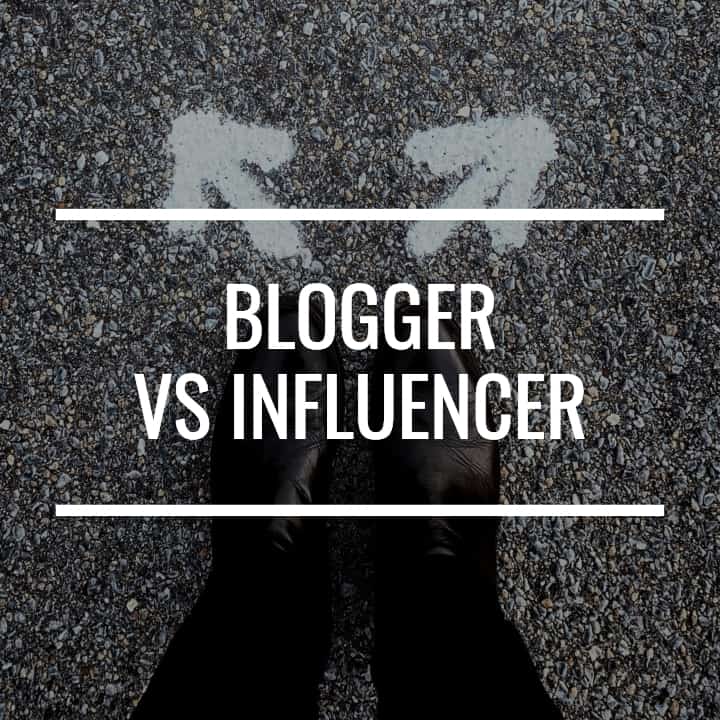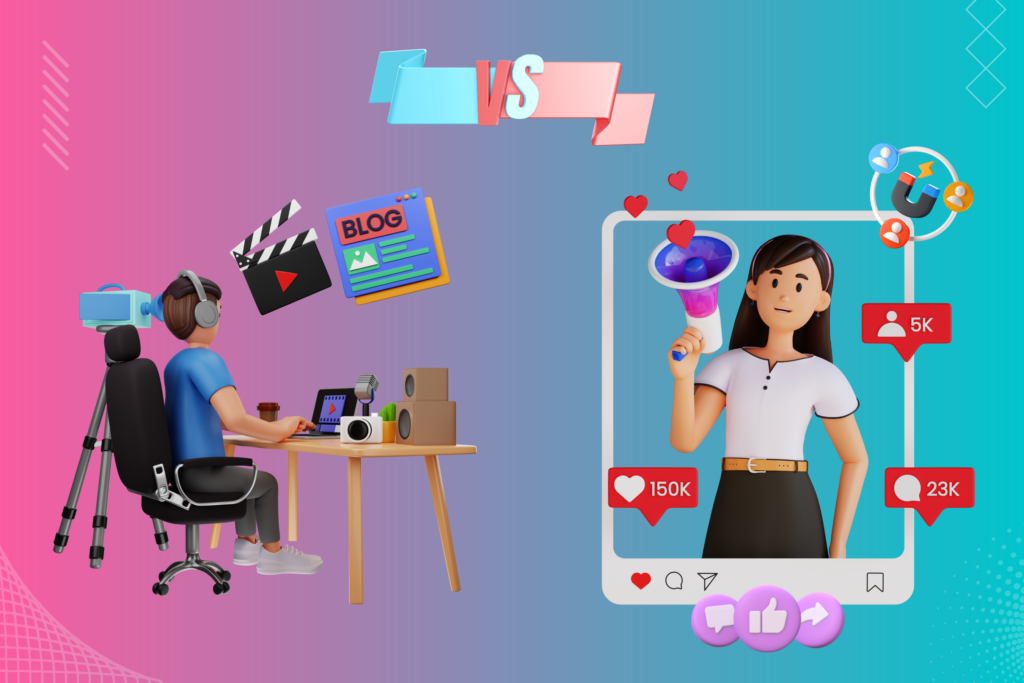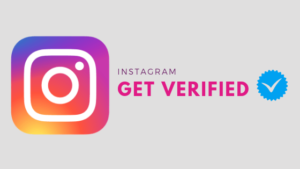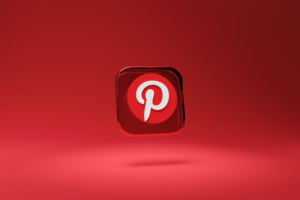In the ever-evolving landscape of digital marketing and content creation, two terms that frequently find themselves in the spotlight are “influencers” and “bloggers.” These individuals wield significant online clout and can impact consumer decisions, but they do so in distinct ways. Let’s dive into the world of online content creation and explore the nuanced differences between influencers and bloggers.

Defining Influencers
Influencers are individuals who leverage their social media platforms, such as Instagram, TikTok, YouTube, and Twitter, to cultivate a dedicated following. These followers admire and trust the influencer’s opinions, lifestyle, and expertise in a particular niche or industry. Influencers often collaborate with brands to promote products or services authentically, bridging the gap between consumers and businesses. What sets influencers apart is their ability to create engaging content that resonates with their audience and drives engagement.
Key Characteristics of Influencers:
Platform-Centric: Influencers primarily operate on social media platforms and are known for their engaging posts, stories, and videos.
Follower-Centric: Their success relies on building a loyal and engaged follower base who trust their recommendations.
Authenticity: Influencers are perceived as relatable and genuine, which is crucial to maintaining trust with their audience.
Visual Storytelling: High-quality visuals and aesthetics play a significant role in their content strategy.
Partnerships: They often collaborate with brands for sponsored content, affiliate marketing, and ambassadorships.

Read More:- 10 Creative Strategies for Harnessing Influencer Marketing Magic this 2023 Holiday Season
Defining Bloggers
On the other hand, bloggers are content creators who primarily express themselves through written or multimedia content on their own websites or blogs. Their posts are often more extensive and detailed, delving deep into topics of interest. Bloggers might write about fashion, travel, lifestyle, food, technology, or any subject they are passionate about. Unlike influencers, bloggers typically do not require a substantial social media following to establish themselves.
Key Characteristics of Bloggers:
Content-Driven: Bloggers are content creators who focus on written, multimedia, or long-form content, often showcasing their expertise.
Website-Centric: They maintain their own websites or blogs, giving them full control over their content and branding.
In-Depth Exploration: Bloggers often provide comprehensive information, tutorials, reviews, and personal experiences related to their niche.
SEO Emphasis: They optimize their content for search engines to attract organic traffic and build authority in their field.
Independence: Bloggers maintain creative freedom and are not solely reliant on brand partnerships for income.
Bridging the Gap
While influencers and bloggers possess distinct traits, the boundary that separates them often blurs. Many content creators navigate a middle ground, blending aspects from both realms into their content. For instance, an influencer might venture into blogging to delve deeper into topics, while a blogger could harness social media to broaden their audience reach.
Ultimately, the decision to embrace either the influencer or blogger identity hinges on individual strengths, preferences, and aspirations. It’s imperative to grasp the distinctive merits and challenges associated with each category and utilize this understanding to cultivate a personal brand that resonates with one’s audience. Both influencers and bloggers wield significant influence within the digital landscape, each contributing uniquely to shaping consumer perceptions and fostering engagement
Conclusion
The influencer versus blogger discussion doesn’t center on one side prevailing over the other; instead, it’s about acknowledging the diversity and unique contributions each brings to the dynamic realm of online content creation. In this digital era, it has provided opportunities for countless creators to discover their specialized domains and create a significant influence, irrespective of whether they opt for the influencer’s path, embrace blogging, or find a middle ground between the two.
Read More:- The Unrivaled Importance of Facebook Advertising for Branding
Read More:- Unleashing the Power of Influence: The Role of Influencers in Social Media Branding





